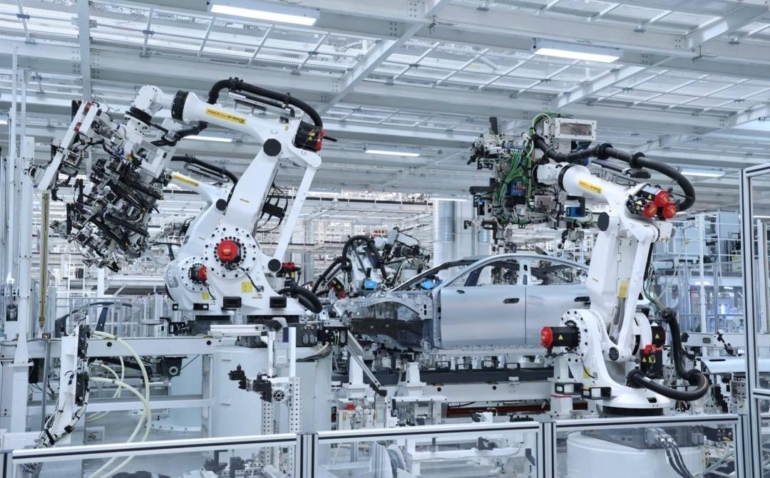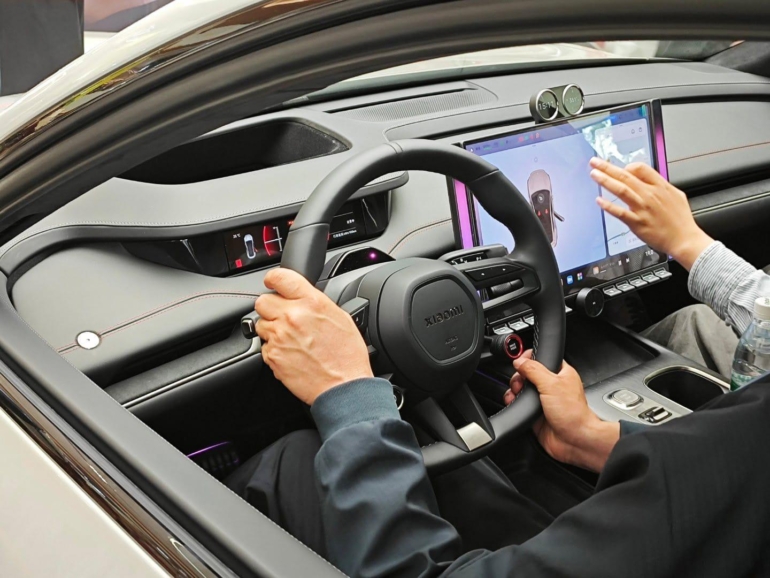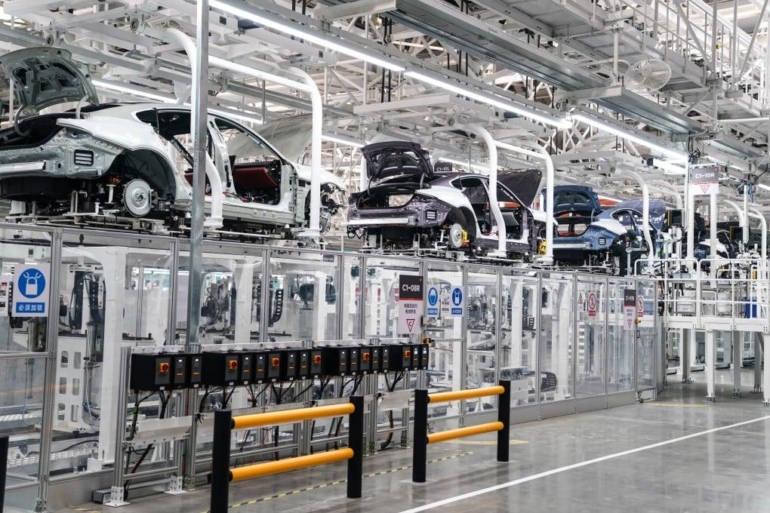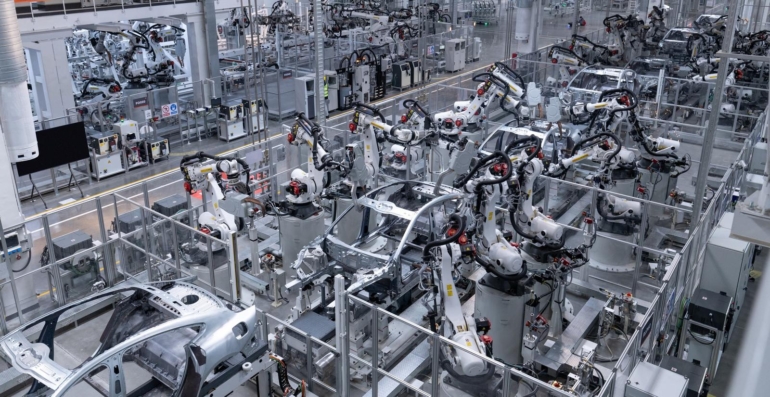What was once considered a symbol of industrial utility has transformed into Beijing’s hottest weekend attraction. The Xiaomi EV Factory, birthplace of the revolutionary SU7 electric sedan, has unexpectedly become China’s must-visit destination for tech enthusiasts and automotive aficionados alike.

The phenomenon gained momentum following the spectacular launch of the Xiaomi SU7 Ultra, which shattered expectations by securing over 10,000 pre-orders within a mere two-hour window. As the vehicle’s reputation spread across social media platforms, so too did fascination with its production facility. Tens of thousands of curious visitors now compete for the extremely limited tour slots in what many describe as a process more akin to a high-stakes lottery than standard ticket procurement.

This overwhelming demand has spawned an inevitable secondary market where opportunistic resellers command premium prices, as reported by CarnewsAsia. What began as complimentary factory tours now fetch upwards of 2,000 yuan (approximately 280 USD) on unofficial platforms—considerably more than what visitors pay for entry to Disneyland Paris during peak tourist season. The price disparity highlights the extraordinary value Chinese consumers place on witnessing domestic technological innovation firsthand.

Each meticulously choreographed tour accommodates just 20 participants, creating an air of exclusivity that only intensifies public interest. The experience begins with a 40-minute immersion in a state-of-the-art technology exhibition hall, followed by an intimate 20-minute exploration of the production workshop where visitors witness the dance of over 700 robots constructing vehicles at remarkable efficiency. The facility, spanning more than 700,000 square meters, produces a completed vehicle every 76 seconds while requiring human supervision from only about 100 workers.

Perhaps most compelling for attendees is the opportunity to participate in test drives of the coveted SU7. This hands-on component transforms what might otherwise be a passive observational experience into an interactive engagement with what many consider China’s answer to Tesla’s dominance in the electric vehicle sector.

The initial registration period revealed the scale of public fascination, with a staggering 4,600 applicants competing for spots in the inaugural tours. Despite the minuscule odds of selection, enthusiasm remains undiminished, with many prospective visitors willing to travel considerable distances and incur significant expenses for the mere possibility of securing entry.

Xiaomi’s manufacturing triumph extends beyond creating a successful vehicle—the company has effectively fulfilled its entire production quota for 2025, creating unprecedented pressure on its manufacturing capabilities. Construction of a second production facility is already underway, with operations expected to commence between July and August. Once fully operational, the combined annual production capacity will reach approximately 350,000 vehicles.

This shift in leisure preferences among China’s younger generations signals a profound transformation in domestic consumer psychology. Industrial tourism, once considered niche or educational, has evolved into a prestigious weekend activity symbolizing national pride and technological achievement. The Xiaomi factory tour represents more than mere entertainment—it offers participants membership in an exclusive community witnessing China’s automotive revolution from the ground floor.

For Xiaomi, a company that began its journey producing smartphones and household electronics, this unexpected tourism windfall provides additional validation of its ambitious expansion into the automotive sector. As the SU7 continues to receive acclaim for performance rivaling established luxury brands like Porsche, the factory tours serve as powerful marketing tools—creating brand ambassadors who spread enthusiasm through personal experience rather than traditional advertising channels.

